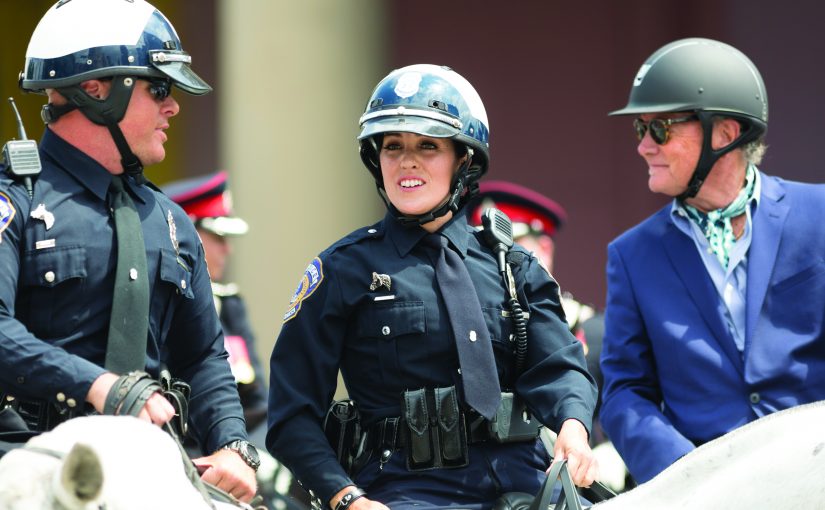
The Indianapolis Metropolitan Police Department (IMPD) Office of Professional Development and Wellness (OPDW) has been formally in operation for more than 13 years. The OPDW, internally known as “Wellness,” began as a disciplinary referral program and is now accessible to all of the IMPD’s 1,500 sworn and 200 civilian employees, as well as their family members. As the wellness program quickly evolved, it became evident that the best approach to organizational, cultural, and individual wellness was a proactive one. At this point, the OPDW set out to create forward-thinking and progressive ways to build a more resilient police organization. One of those innovative programs, which has become a cornerstone of the IMPD OPDW, is the Mentor Program.
The IMPD Mentor Program
Mentoring is defined as “the act or process of helping and giving advice to a younger or less experienced person.”1 This definition is very succinct; however, when put into motion, mentoring is dynamic, and mentoring programs look different depending on the unique individuals involved and goals of the program. Programming can be catered to what an agency is attempting to accomplish and can be geared specifically to any number of different groups. Mentoring can be centered on leadership development, career development, varying focus groups, or new hires, among other areas of focus. Informal mentoring occurs in police departments, but the implementation of a formal program, at minimum, presents the perception of care and concern for employees. Mentoring is easily scalable regardless of department size and can be catered to any specific need. It is inexpensive, and, while it does require management, strong leadership, and follow-up, a mentor program is a great way to start implementing wellness or add to an agency’s current wellness offerings. A formal program also ensures consistent, positive, and healthy messaging to mentees, as opposed to the dangerous trap of negativity that can so easily occur within police departments. The consistency of healthy messaging to mentees has been a key contributor in helping IMPD shift its culture to one of wellness that is accepted by both veteran officers and new hires. The IMPD model of mentoring is heavily recruit based, but it also serves veteran officers if there is a specific acute personal or professional challenge an officer is facing.
Program Goals
The intended goal of the IMPD mentor program is to offer long-term, one-on-one peer support to assist an officer in navigating personal and professional challenges. Police mentoring programs tap into the knowledge of successful veteran officers who can share their experience with the next generation of officers. IMPD’s trained mentors help develop the future leaders in law enforcement through the investment in true relationships and connections on a personal and professional level. The program creates an environment for recruits that exhibits genuine care and concern for the well-being of not only the recruits, but also their families. Mentors are encouraged to connect with the families of their mentees and frequently do so. The intended outcome of the relationship is to create a space where a recruit can express their individuality to someone who will assist them with mistake avoidance, cultural assimilation, academy assignments, and so forth. Mentors also have access to the referral sources of the OPDW; this encompasses a holistic and diverse base of culturally competent resources. It is imperative to be proactive about finding a large base of practitioners who are willing, able, and experienced in working with police officers. Mentoring can expose the struggles in one’s life. If resources do not exist, it is important to create and cultivate them through outreach; at minimum, find who is interested in working with first responders and utilize those outside resources. The relationships will need to be fostered with oversight. Follow-up with both the resource and officer who utilized the resource is imperative. Mentors serve as ambassadors of wellness for the OPDW. They stay connected to the OPDW’s five assigned sworn law enforcement officers who provide full-time peer support services, and mentors will frequently refer officers facing challenges to the OPDW.


